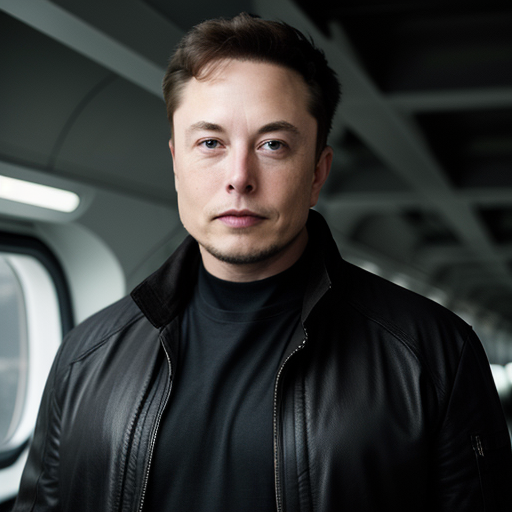AI news: Elon Musk Denies Anti-Semitism Accusations: Separating Fact from Fiction
In recent days, Tesla and SpaceX CEO Elon Musk has found himself at the center of controversy, facing accusations of anti-Semitism. Musk, a prominent figure in the tech industry and known for his outspoken presence on social media, has vehemently denied the claims, calling them "bogus." The allegations arose following a response Musk made to a post on his micro-blogging app X, formerly known as Twitter. This article aims to analyze the situation, delving into the context of Musk's remarks and exploring the broader implications.
On November 19, 2023, Elon Musk responded to a post that claimed Jews harbored a "dialectical hatred" of white people. The post suggested that Jewish communities were engaging in a form of hatred against whites, seemingly contradicting their calls for an end to discrimination against themselves. Musk's reply, agreeing with the statement, sparked a wave of criticism and accusations of anti-Semitism.
Musk's Response:
In response to the accusations, Musk took to his micro-blogging app to address the situation directly. He stated, "This past week, there were hundreds of bogus media stories claiming that I am antisemitic. Nothing could be further from the truth. I wish only the best for humanity and a prosperous and exciting future for all." Musk categorically denied any form of anti-Semitism and reiterated his commitment to a positive future for humanity.
Context Matters:
To understand Musk's response, it's crucial to consider the context of the conversation. The initial post Musk responded to contained controversial and inflammatory statements, making claims about entire communities based on sweeping generalizations. While Musk's agreement with the statement was undoubtedly a misstep, it is essential to differentiate between an agreement on a specific point and endorsing an entire narrative.
Public Figure Scrutiny:
As a high-profile public figure, Elon Musk's statements are subject to intense scrutiny and interpretation. The power and influence he holds can magnify the impact of his words, requiring him to be especially cautious about the messages he endorses. Musk's history of using social media to express his thoughts has both endeared him to followers and drawn criticism, highlighting the challenges public figures face in navigating online discourse.
Conclusion:
The recent accusations of anti-Semitism against Elon Musk have sparked a heated debate about the responsibilities of public figures in the digital age. Musk's denial of the allegations and insistence on his commitment to a positive future for humanity will likely be met with varied responses. This incident serves as a reminder of the complexities surrounding online communication and the need for thoughtful engagement in discussions that involve sensitive topics. As the situation unfolds, it remains to be seen how Elon Musk's response will impact public perception and the ongoing discourse around the responsibilities of influential figures in shaping online conversations.
